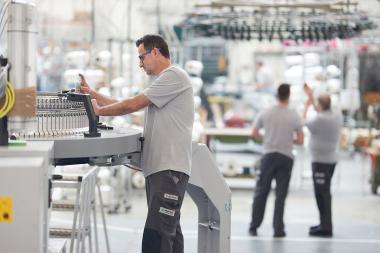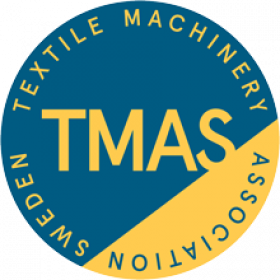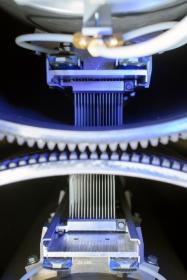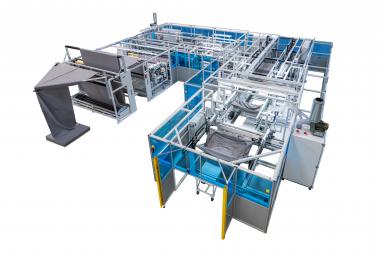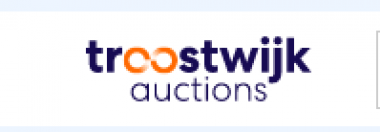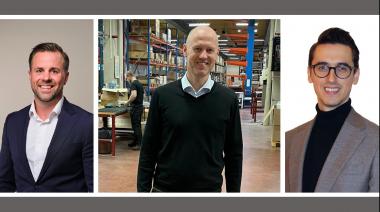Rieter schliesst Übernahme der drei Geschäfte von Saurer ab
Durch die Übernahme des Geschäftes mit automatischen Spulmaschinen am Standort Übach-Palenberg/Deutschland mit Wirkung zum 1. April 2022 hat Rieter den Erwerb der drei Geschäfte von Saurer abgeschlossen.
Mit der Akquisition der automatischen Spultechnologie im Premiumbereich vervollständigt Rieter das Ring- und Kompaktspinnsystem und schafft so die Basis für eine weitere Verbesserung der Position des Unternehmens im Stapelfaser-Marktsegment.
Die Komponentengeschäfte Accotex (Elastomertechnologie für Spinnereimaschinen) am Standort Münster/Deutschland und Temco (Technologiekomponenten für Filamentmaschinen) am Standort Hammelburg/Deutschland waren bereits zum 1. Dezember 2021 durch Rieter übernommen worden.
Den Erwerb der drei Geschäfte hatte Rieter am 16. August 2021 angekündigt.
Insgesamt erwirtschafteten die drei Geschäfte im Jahr 2020, dem Jahr der COVID-Krise, einen Umsatz von 142 Millionen Euro. In den Jahren 2019 und 2018 belief sich der Gesamtumsatz auf 235 Millionen Euro bzw. 260 Millionen Euro.
Das Spulmaschinen-Geschäft mit Neumaschinen wird dem Geschäftsbereich Machines & Systems zugeordnet, das After Sales-Geschäft dem Geschäftsbereich After Sales. Die Komponentengeschäfte Accotex und Temco werden im Geschäftsbereich Components geführt.






